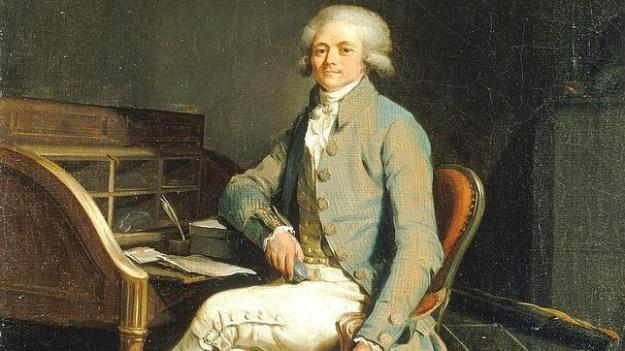Maximilien Robespierre
Maximilien Robespierre was a French lawyer and statesman who rose to prominence during the French Revolution as one of the most important historical figures in France. He advocated for the elimination of both clerical celibacy and the Atlantic slave trade while serving as a member of the Estates-General, the Constituent Assembly, and the Jacobin Club. After being chosen as the "public accuser" in 1791, Robespierre became a vocal supporter of male citizens without a political voice, their unequal access to the National Guard, elected positions, and the commissioned ranks of the army, as well as their rights to petition and to keep and bear arms for self-defense. The uprising that resulted in the overthrow of the French monarchy on August 10th, 1792, and the calling of a National Convention was heavily influenced by Robespierre. His objectives included establishing direct democracy, equality before the law, the abolition of prerogatives, and a single, indivisible France. Because of his dedication to high moral standards, he was given the moniker "the incorruptible".
Early in September 1792, Robespierre, one of the key figures in the Paris Commune, was chosen as a delegate to the French Convention. However, he soon came under fire for attempting to establish either a triumvirate or a dictatorship. His adversaries were those who did not vigorously defend France (modérantisme).
Birth - Death: 1758 - 1794

















